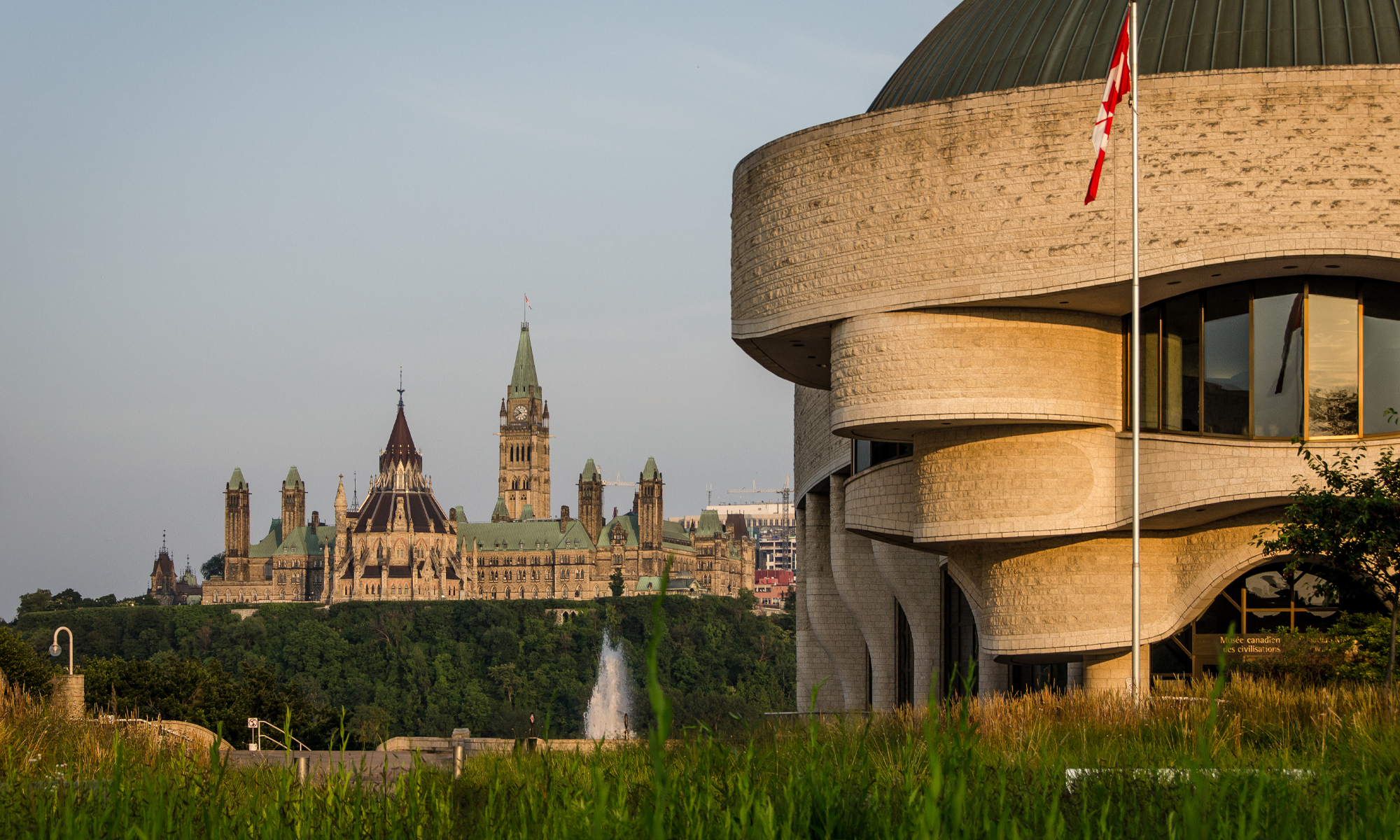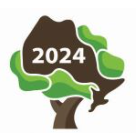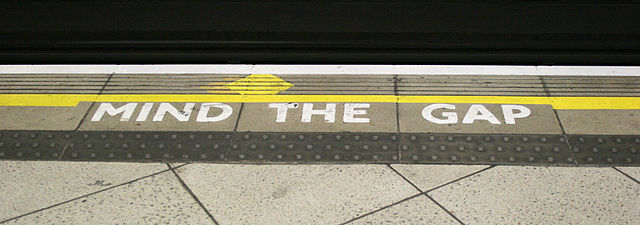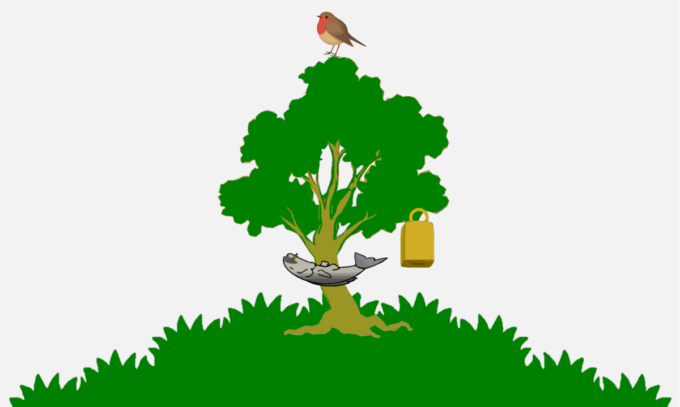 How many Canadian-born people died in New York City?
How many Canadian-born people died in New York City?
Thanks to the advocacy of Reclaim the Records, MyHeritage has added birth, marriage and death information for New York City with linked images of the original. Others named in the record many be included separately in the count.
Births
MyHeritage lists 7,560,069 birth records between 1866 and 1909. The official birth certificate typically includes:
Full name of the child
Date and place of birth
Name, age, birthplace, and occupation of the parents
Parents’ marital status
Number of children previously born to the mother, including the number born alive and stillborn
Name and address of the attending physician or midwife
Signature of the person reporting the birth (usually a parent or the attending medical professional)
Over time, the information included on birth certificates expanded. For example, in the late 19th century, birth certificates often did not include the parents’ birthplaces or occupations. In the early 20th century, additional details such as the parents’ race, ethnicity, and religious affiliations were sometimes recorded.
I’d like to have reported on prental birthplace, but that field is not searchable.
Marriages
This collection contains 20,912,650 marriage records from New York City between the years 1866 and 1949. The official marriage certificate in New York City typically includes:
Full names of the bride and groom
Ages and birthplaces of the bride and groom
Marital status (single, widowed, or divorced) and occupations of the bride and groom
Names and birthplaces of the bride and groom’s parents
Date and place of the marriage ceremony
Name and title of the officiant who performed the ceremony
Signatures of the bride, groom, officiant, and witnesses
The format and information included on marriage records have remained relatively consistent over time, although more detailed information about the couple’s parents and occupations was sometimes recorded in earlier records.
Deaths
MyHeritage makes available New York City 8,893,688 death records from 1866 to 1948. The official death certificate in typically includes:
Full name of the deceased
Date and place of death
Cause of death
Age, birthplace, and occupation of the deceased
Marital status and spouse’s name (if applicable)
Names and birthplaces of the deceased’s parents
Place of burial or disposition of the remains
Name and address of the attending physician or other medical professional
Signature of the person reporting the death (often a family member or the attending medical professional)
Over time, additional details have been included on death certificates, such as the deceased’s race, ethnicity, and social security number. In the late 19th and early 20th centuries, death certificates sometimes provided more detailed information about the cause of death and the circumstances surrounding the death.
Birthplace of the deceased is available and searchable. 54,235 Canadian-born persons, including 43 identified as born in Ottawa, died in NYC during the period.


 Michael Nettleton has posted the latest Vlog with news from OGS Conference 2024 at
Michael Nettleton has posted the latest Vlog with news from OGS Conference 2024 at 

 How many Canadian-born people died in New York City?
How many Canadian-born people died in New York City? On Friday Family Tree Webinars featured another in its series on English counties. I highly recommend the presentation
On Friday Family Tree Webinars featured another in its series on English counties. I highly recommend the presentation  Do you have Glasgow ancestry? The
Do you have Glasgow ancestry? The